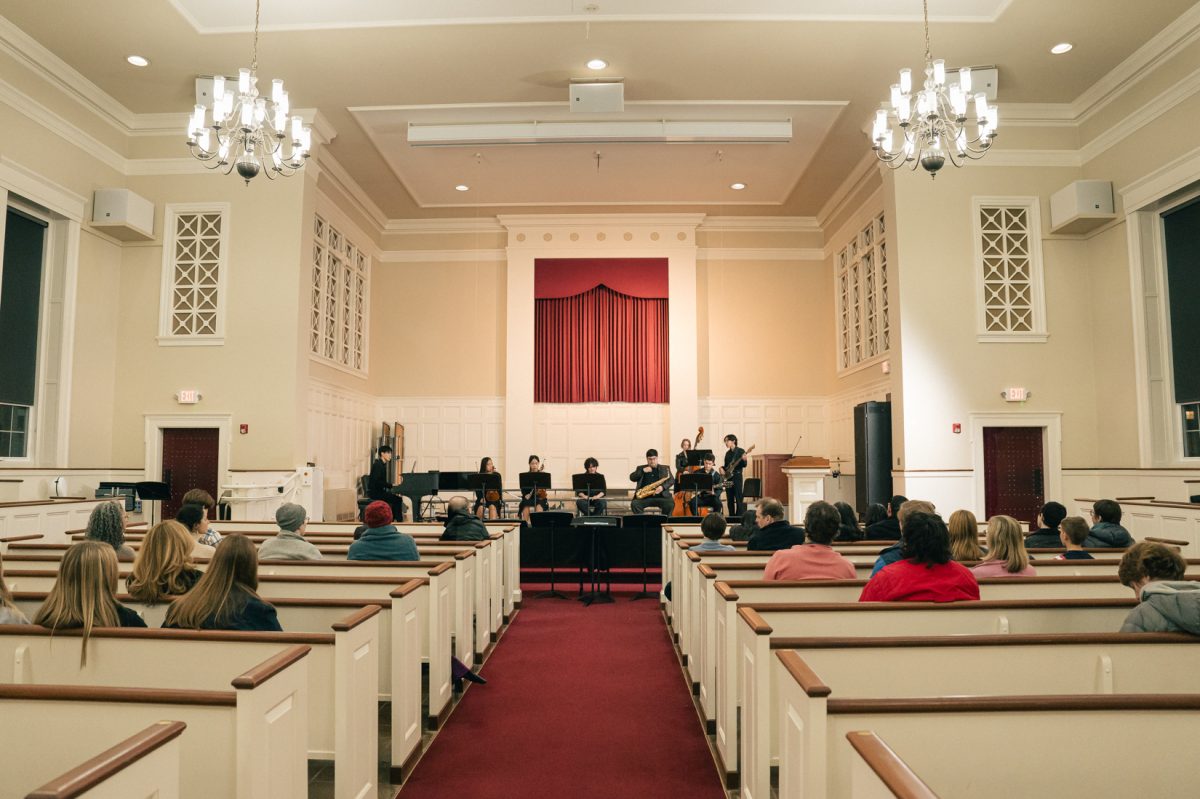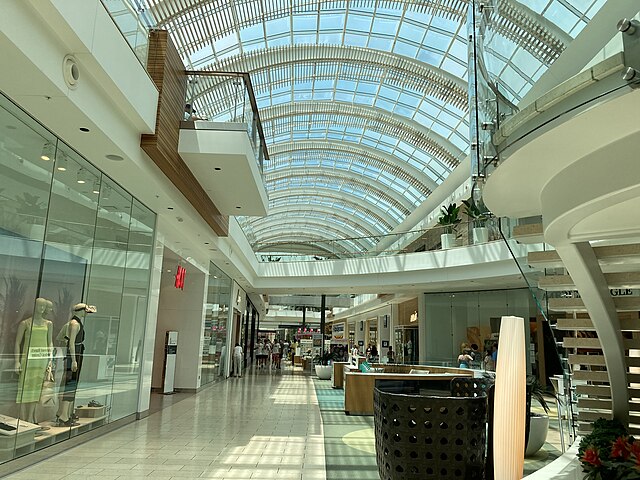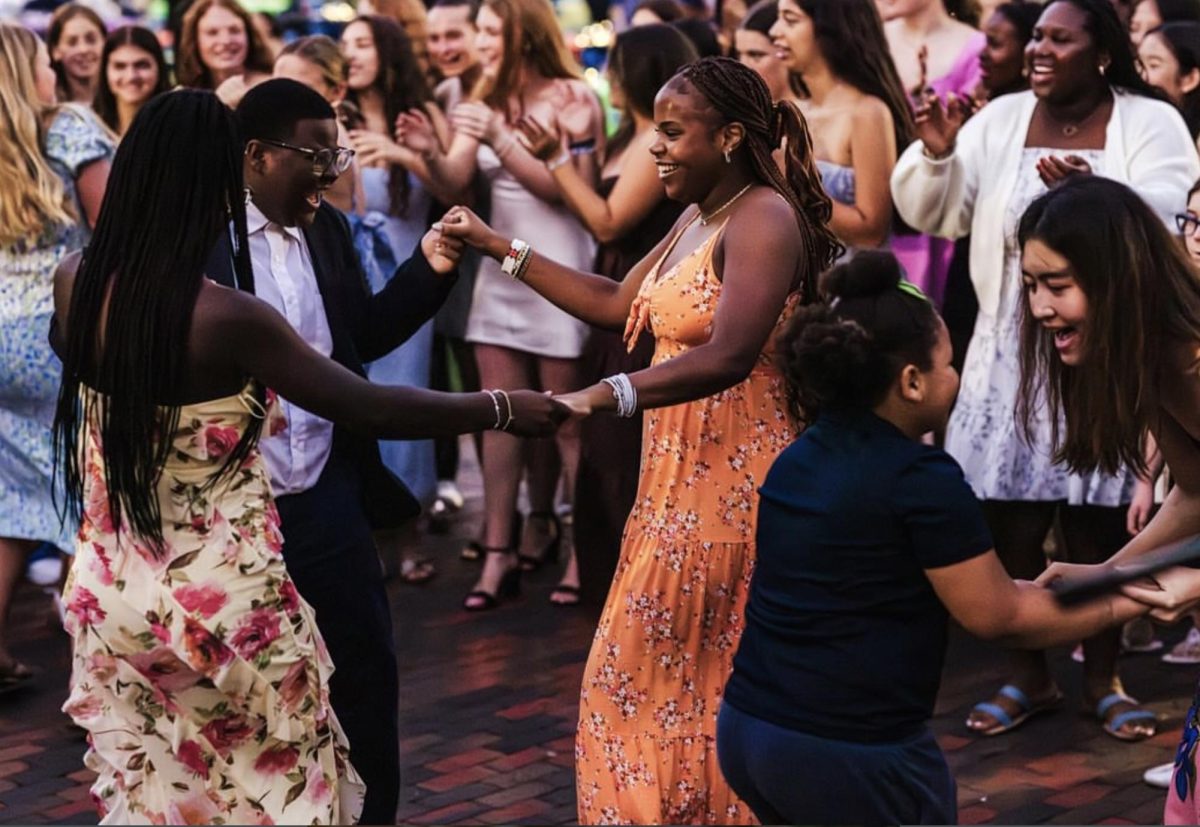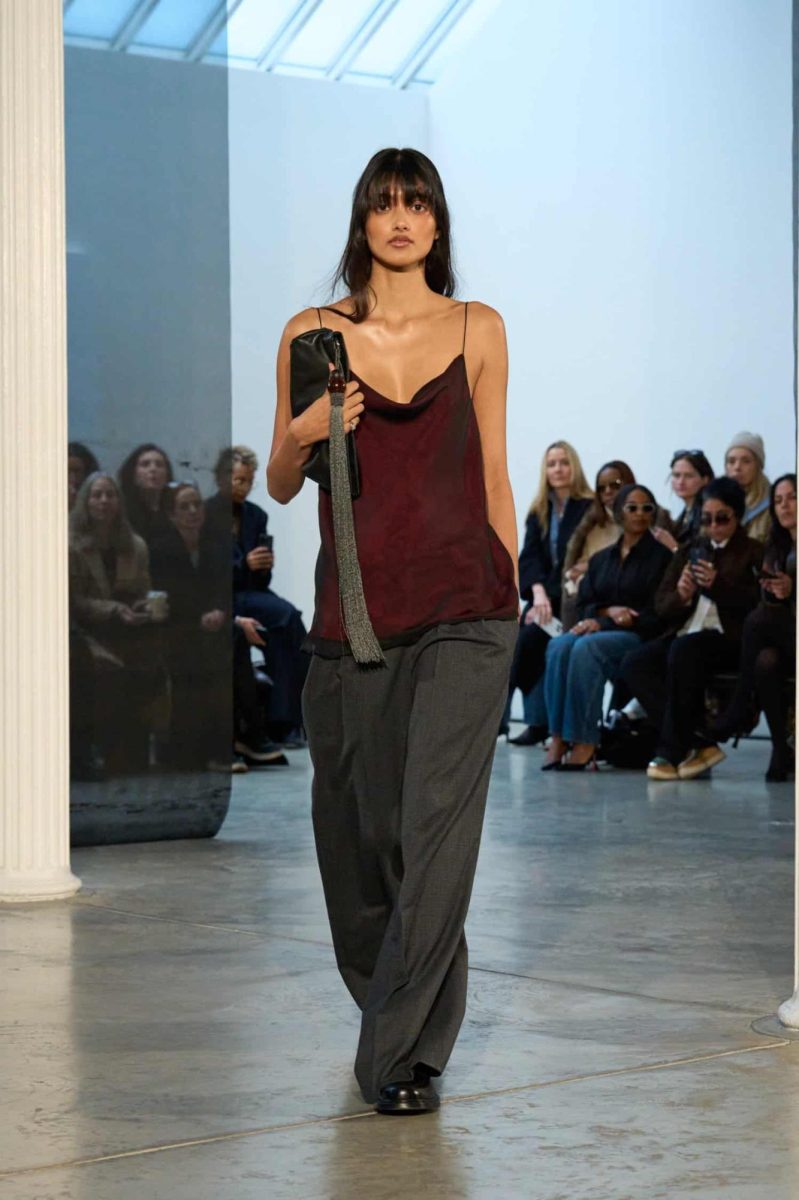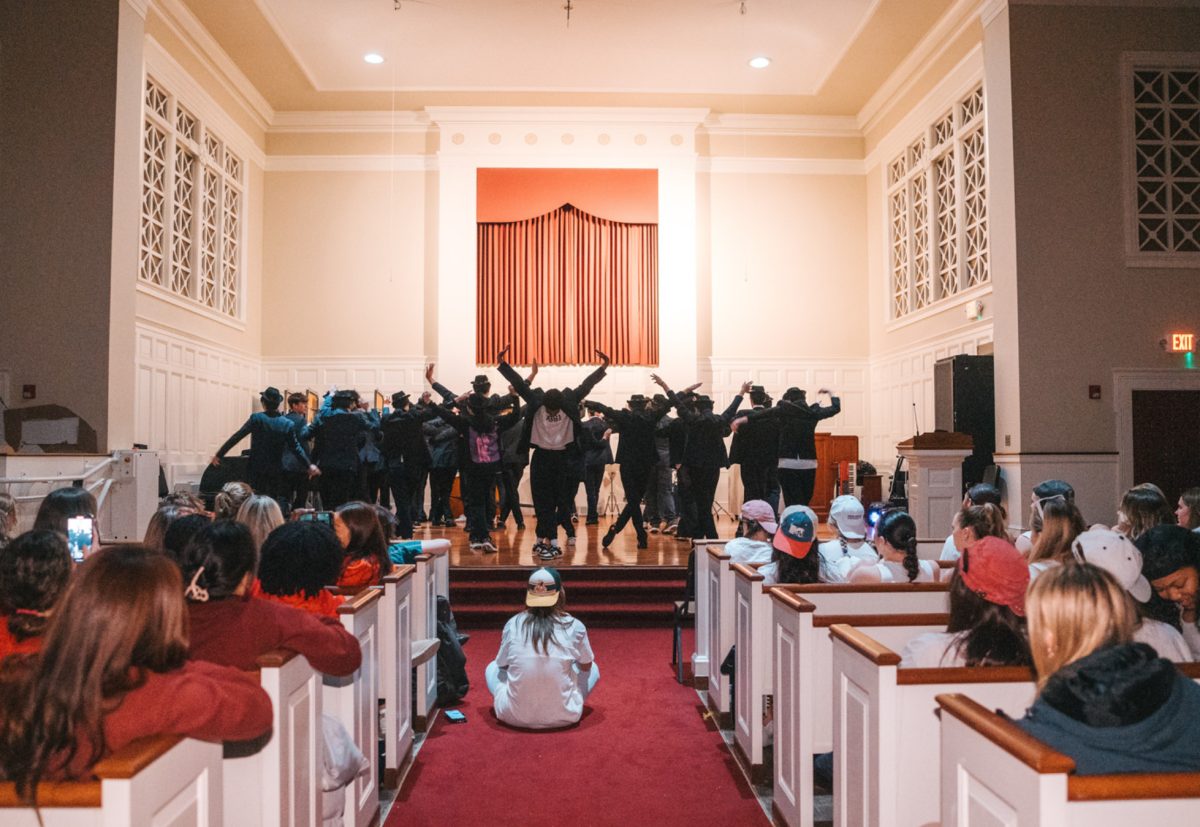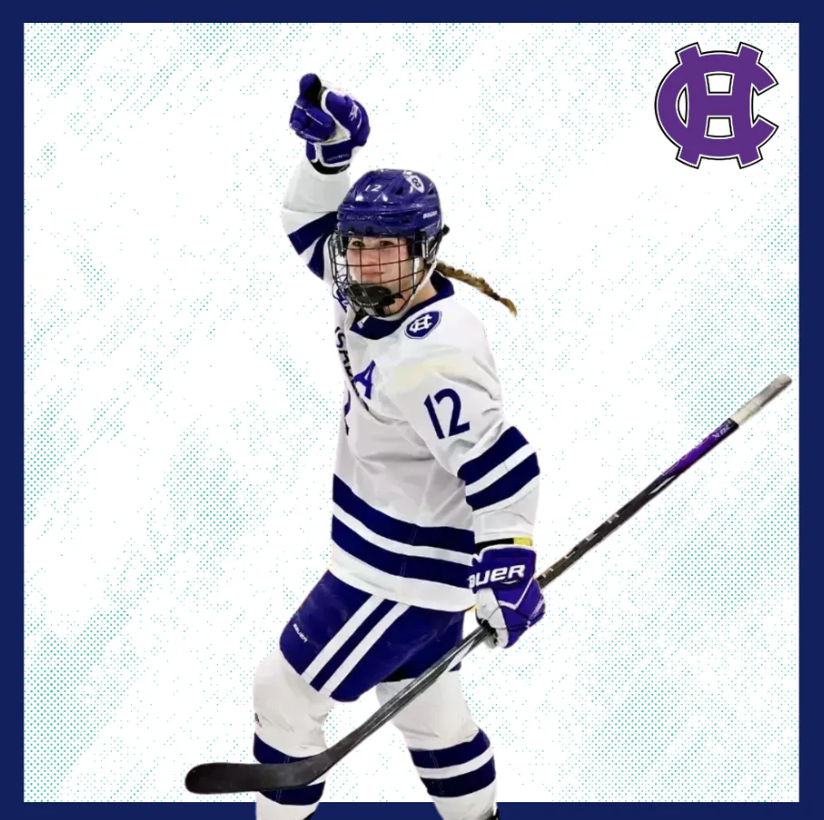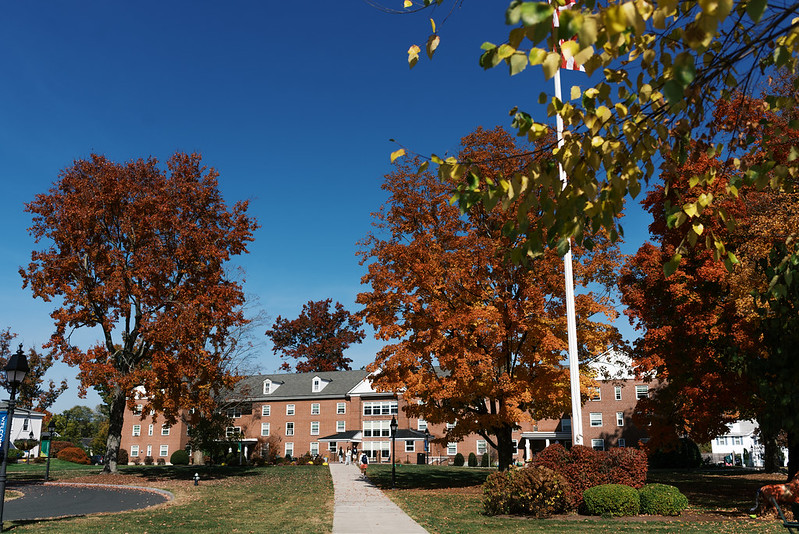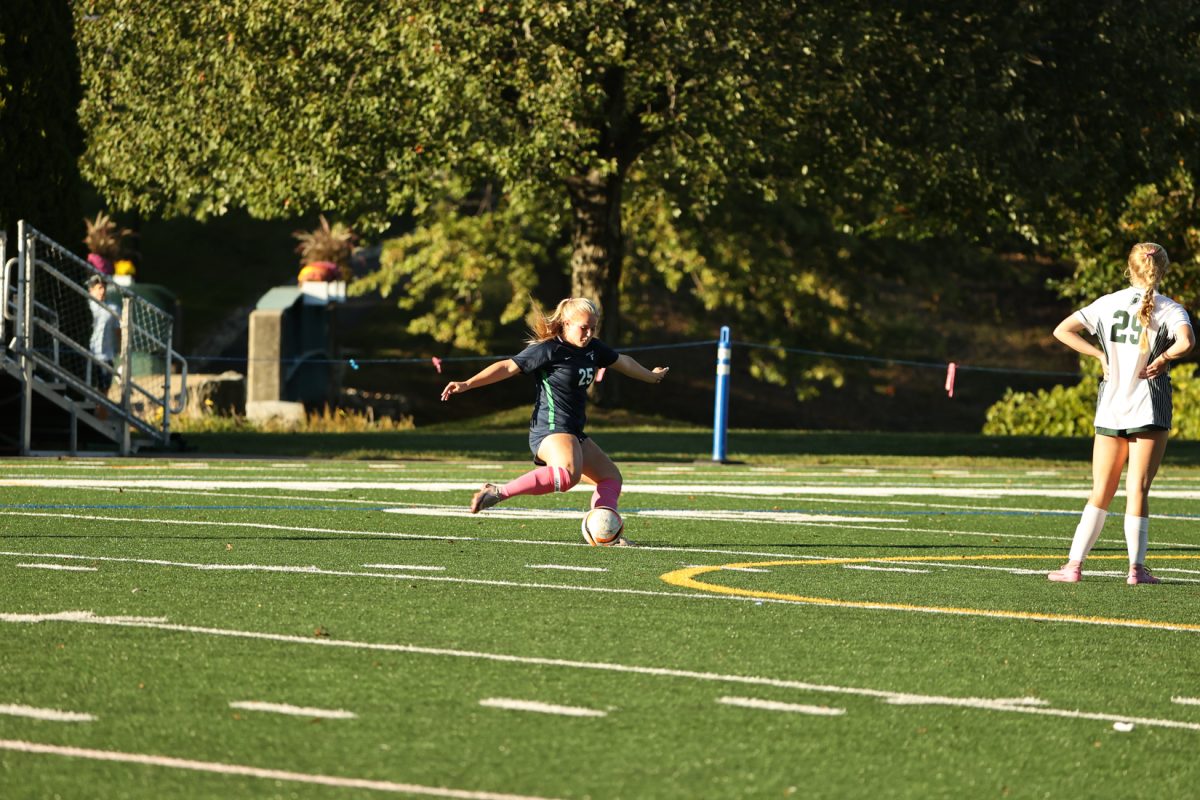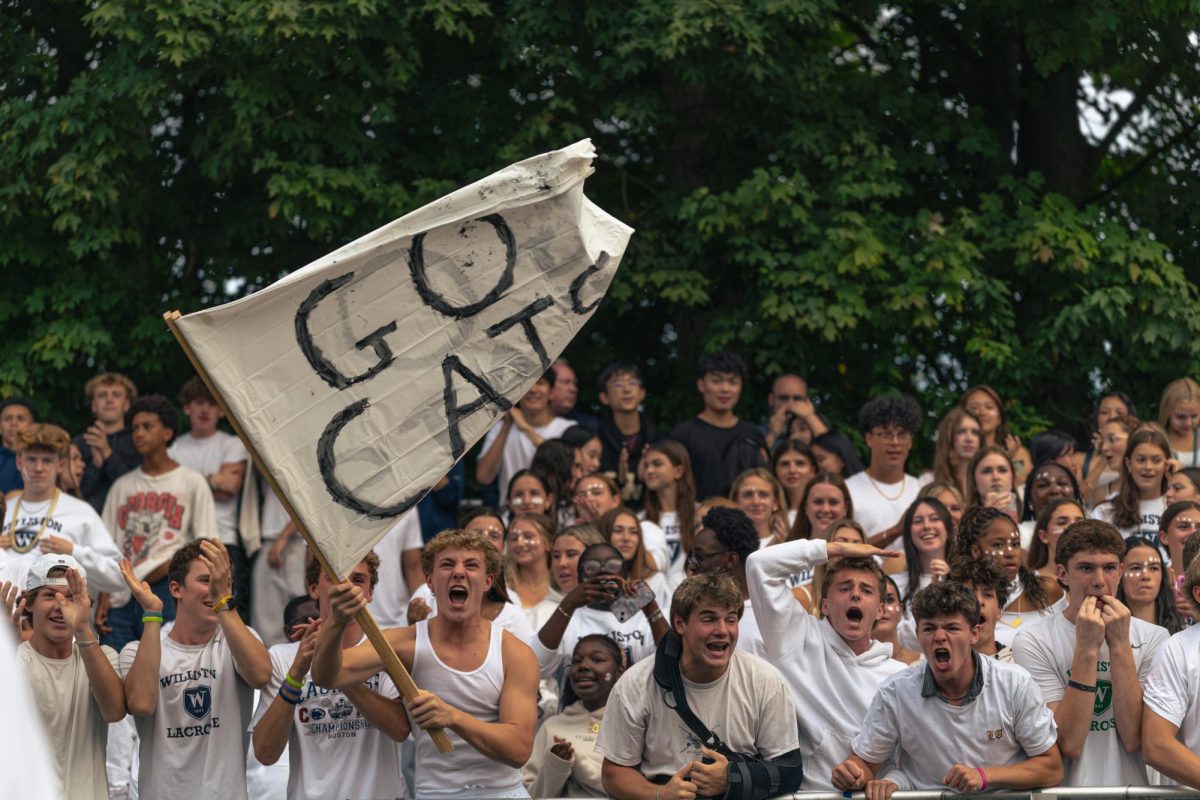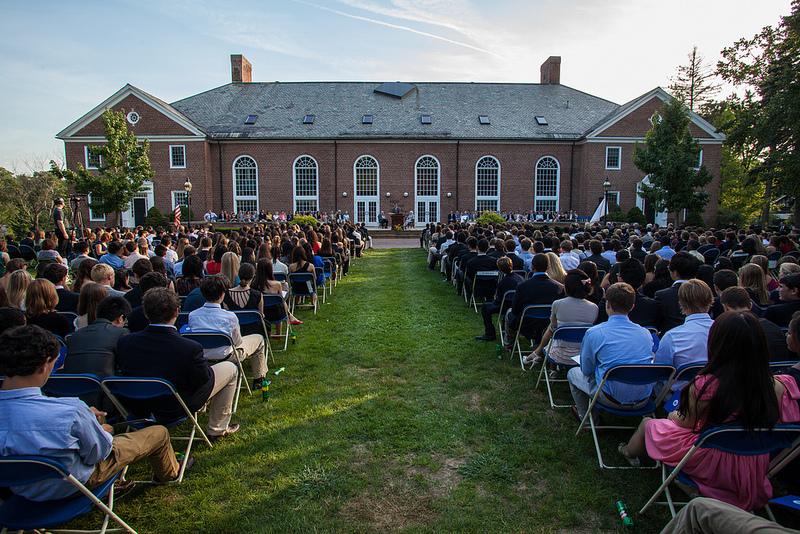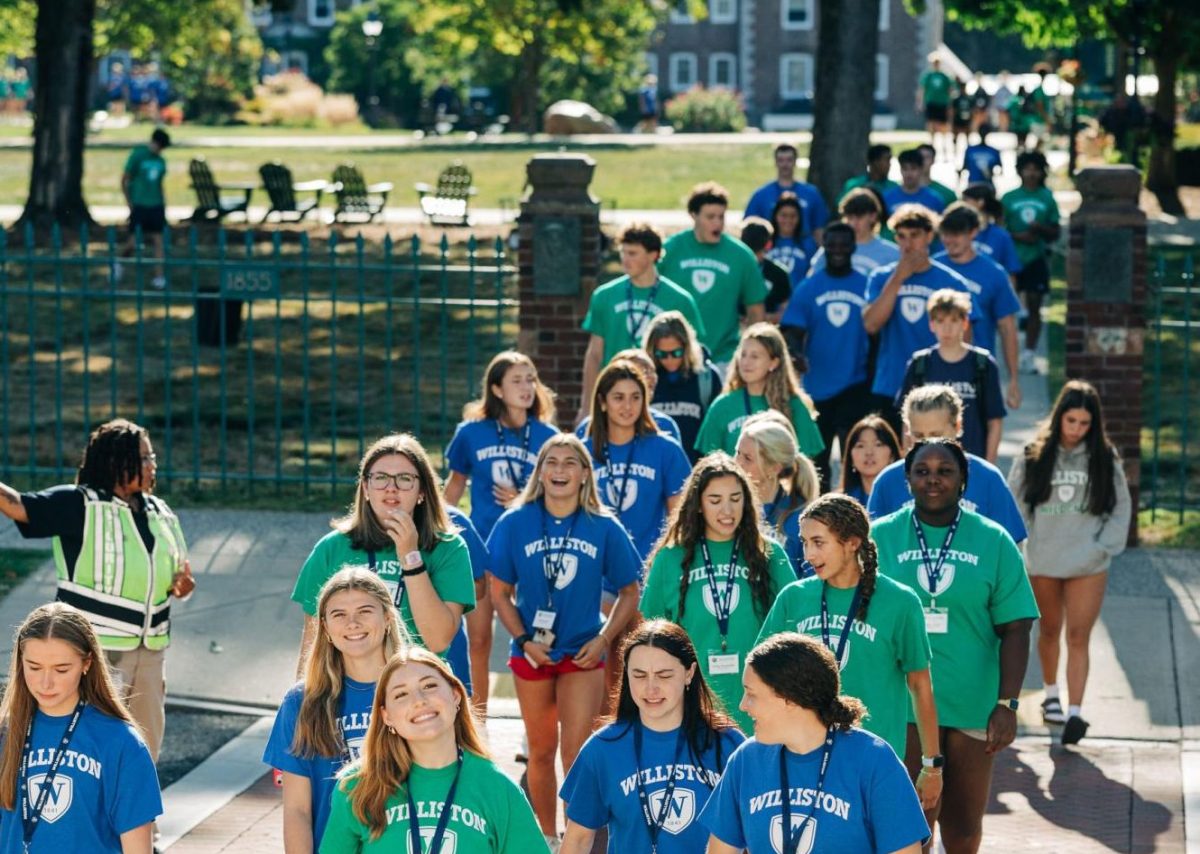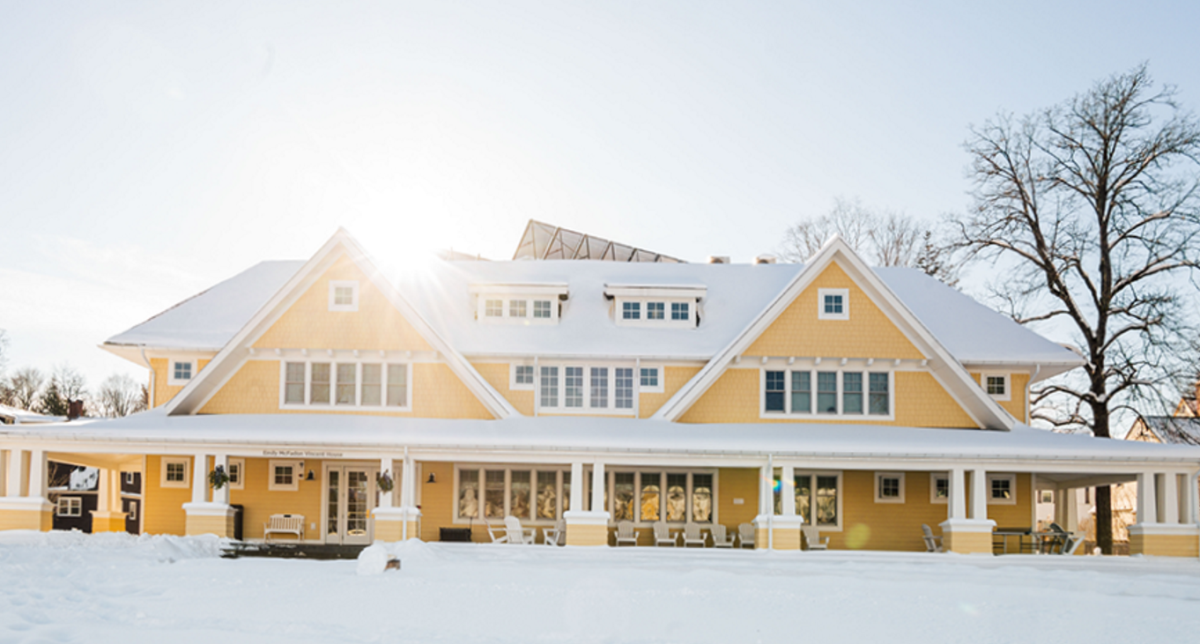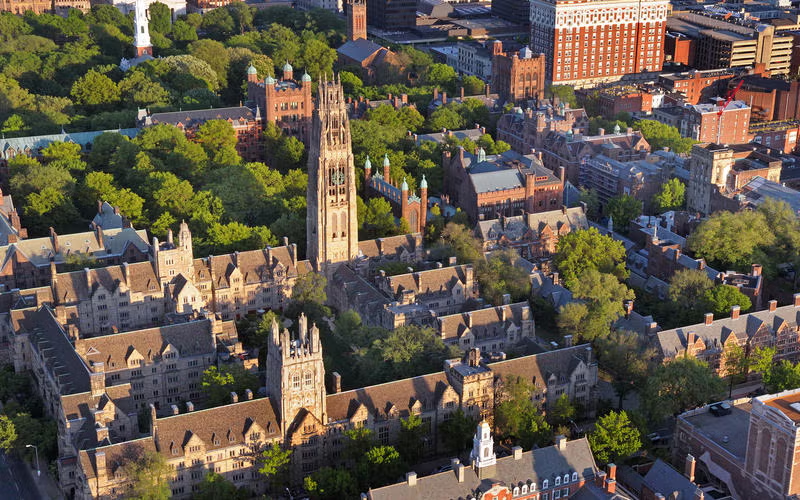If there’s one thing that can be said about all Williston students, it’s that they are almost always busy. From studying and athletic commitments to the arts and weekend events, boarding school life demands a lot from its students.
This is especially the case today, when college admissions are more competitive than ever, and students are expected to be involved in a wide variety of activities just to stand out. In the free time that Williston students do have, the school tries to provide them with structured activities, many of which cater to different students’ varying interests.
Yet amidst the daily stir of activities and commitments, some other parts of the classic boarding school experience can be neglected: community traditions and gatherings.
As students are expected to do more with their time and the school offers more activities to account for these changing expectations, attendance at events open to the whole school can sometimes fall.
One effect of overscheduling at Williston can be seen at the school’s artistic performances, some of which have been met with low attendance in recent years. The recent winter instrumental music concert had low turnout, and other events taking place at the same time made it difficult for some students to attend.
Caroline Channell, Assistant Dean of Students for Community Life and a Williston alum of the class of 2018, has seen some changes in attendance of—and participation in—arts events since the time she was a student here.
When Channell was a student, she told The Willistonian, there was more crossover between athletes and artists.
“When I was here, a lot of the football team was in the chorus,” Channell said. “My brother was in the chorus, and he’s not the most artistic person.” [Editor’s note: Channell’s brother, Matthew Channell, graduated from Williston in 2017.]
But now that students are somewhat expected to specialize in one area, Channell says, there are fewer students able to take part in both sports and the arts.
“I think it has to do with increased specialization in what activity you do, whether that’s a specific sport that you’re all in for, or a specific art that you are focusing on, so I think there’s a little bit less crossover,” she said.
Channell also attributes lowers participation to students’ busy schedules.
“The change is in part due to the fact that people are traveling a lot for their activities on the weekend, and that isn’t necessarily something that the school can control,” she said.
There is a term to describe this overall decline in public gatherings, known as the “loss of the third place.” this concept is used to describe a societal decrease in the number of public gathering spaces, or “third places,” where Americans can congregate. The result of this phenomenon can be more division, and fewer connections between individuals.
This phenomenon could be playing out on a smaller scale at Williston: as fewer students and faculty members attend the same events, we could become less unified as a campus.
When students are asked what the best Williston events are, they often mention events like Willlympics and Willygras, which are shared by the entire school. The camaraderie of these events is partly what makes them special.
While some of the school’s most popular events are those attended by the entire student body, there are also more niche interests that the school tries to cater to.
Kate Garrity, Associate Dean of Students, told The Willistonian that a major part of activities planning goes into meeting the varying interests of different students.
“We’re always working on this,” Garrity said. “[Caroline] Channell does a great job listening to the Wildest Cats, Faculty and student requests to try and keep a variety of activities in the line-up. Having a diverse group of student- and faculty-leaders for these events always helps bring new ideas.”
In terms of attendance at arts events, Garrity has noticed some changes, but these have not all been decreases in overall attendance; in fact, she has even seen some events be better attended over the years.
“I think the group that I’ve noticed the biggest change in is the dance program,” Garrity explained. “Their Dance Concerts are fantastic and have often sold out immediately.”
Unexpectedly, Garrity has found that performances held during the school week have actually been better attended than weekend events.
“Some change that I’ve noticed happens with different days of the week. It seems illogical, but often a Tuesday night show is more highly attended than a Saturday show, just because audience members are more likely available,” Garrity said.
Like Channell, Garrity attributes this trend to the many commitments students have on weekends.
“Part of our issue on campus is that students are busy,” she said. “This is a good thing, as many of you are trying lots of programs, but tough for audience numbers because students just aren’t free to attend all the time.”
In the past few years, some on student council have proposed offering incentives for students to attend events. However, Garrity does not believe that rewarding students who attend events would be effective.
“It’s not a fair system to those who are double booked with their own activity,” Garrity told The Willistonian.
Although the school does not offer individual incentives, Channell believes there are some things that can help draw people to events.
“I definitely like not to have conflicts with other events, and I also like to have food,” she said. “Food is the biggest draw to any event, whether the event has to do with food or not.”
Although getting students to attend events can sometimes be a struggle, Garrity believes that schoolwide events are a vital part of building community.
“I think it builds campus appreciation,” she said. “It’s wonderful to go watch someone do what they’re passionate about and have spent so much time preparing for.”
Channell believes that improving the quality and attendance of events comes down to taking students’ feedback–not only when they like something, but also letting her know when there are events they are less enthusiastic about.
“I try to solicit feedback when it comes up organically,” Channell said. “Because sometimes I’ll overhear ‘Oh, this sucked, or this wasn’t very good. Or I love when I hear ‘I wish we could do’ x, y or z, and finding a way to incorporate that.”
Channell encourages students to come to her when they have complaints, as it is difficult for changes to be made otherwise.
“I get more excited when people actually give me feedback, since it gives me something to change,” she said. “Because I would love to make people happy.”



